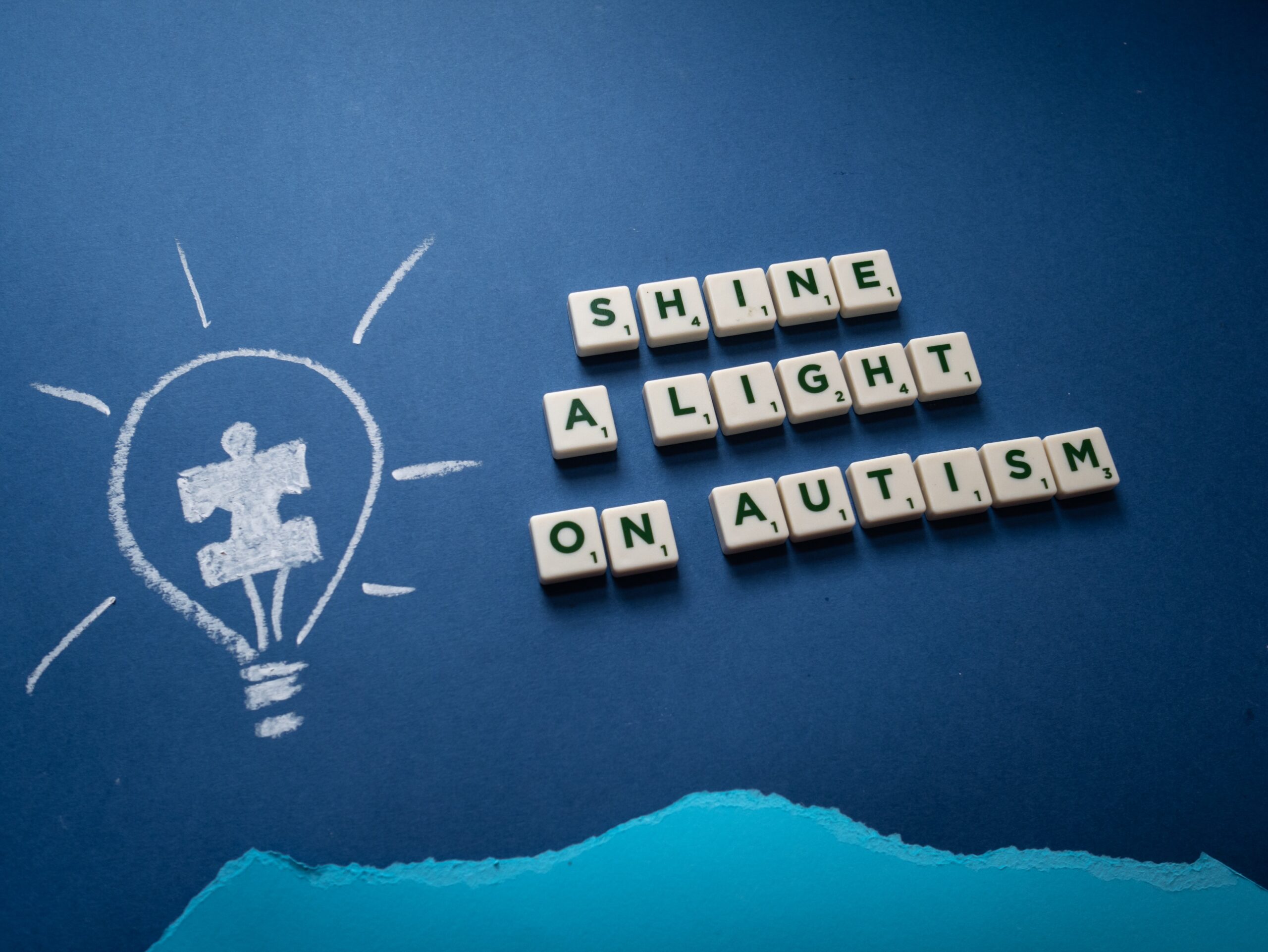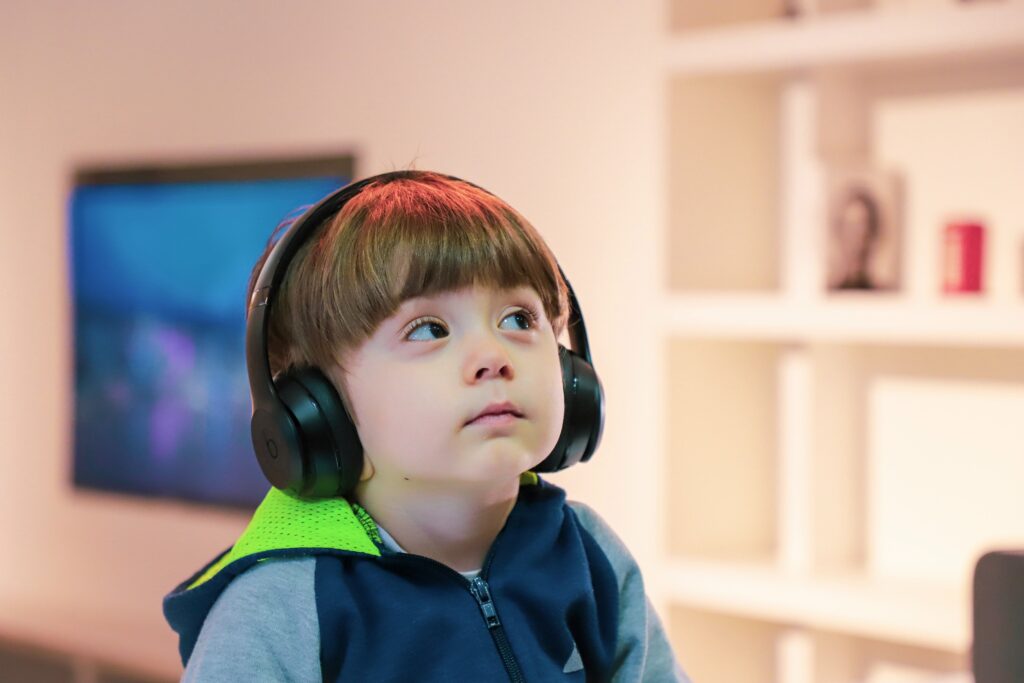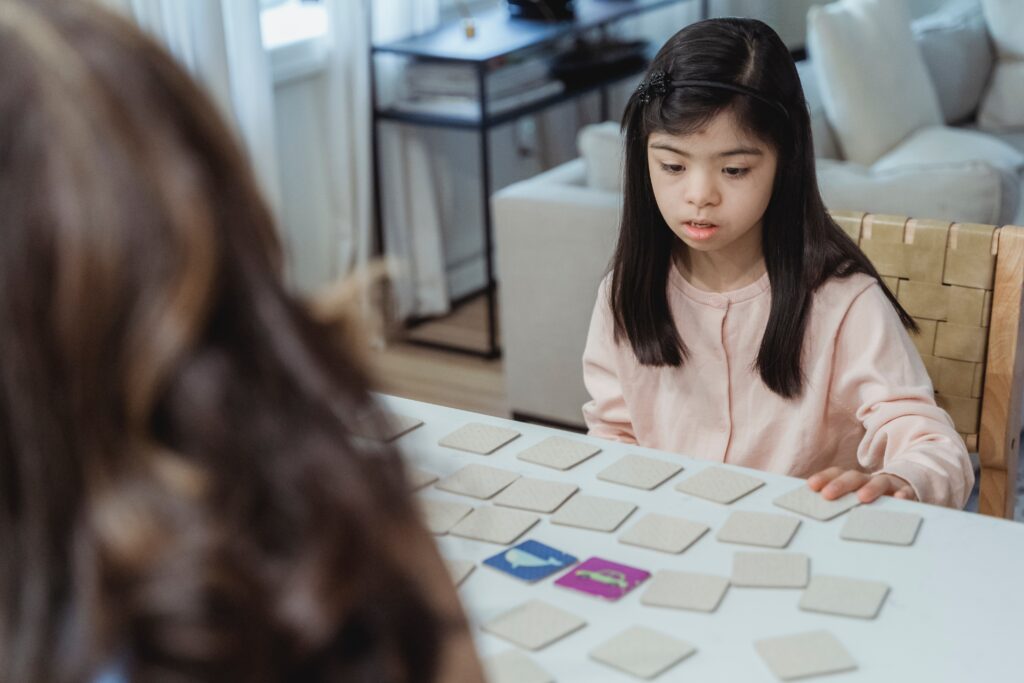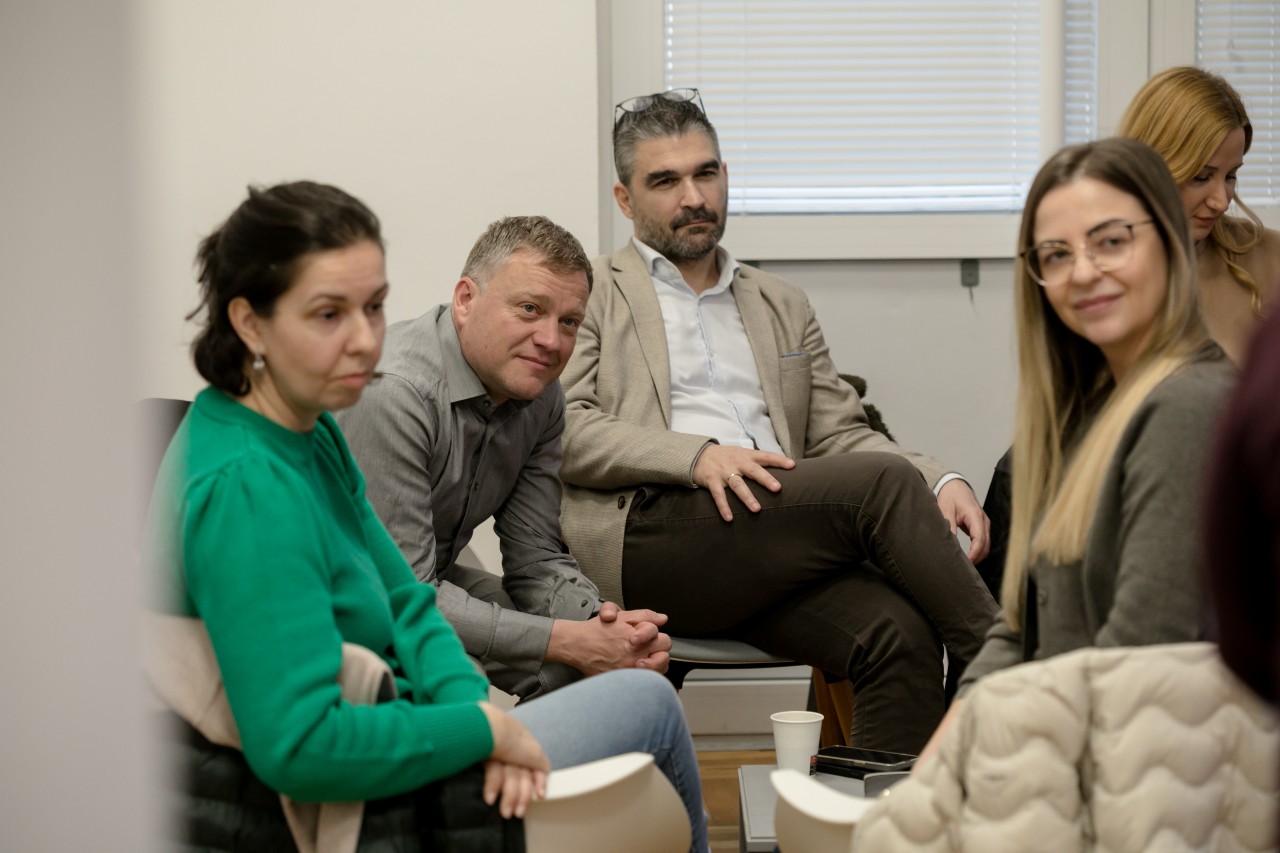It’s World Autism Awareness Day. Today, we seek to shed more light on the position of children and people with autism in society, as well as to contribute to the improvement of their status.
„Autism“ is a term that we can often hear in kindergartens, schools, parks, but it is still a great unknown in society, before which we cannot and must not close our eyes.
Autism is one of the pervasive developmental disorders or autism spectrum disorders that is characterized by difficulties in social interaction and communication, extremely limited interests, and repetitive behavior.
The fact is that autism is difficult to diagnose because there are no diagnostic tests or genetic markers with which we could prove its presence. The diagnosis is subjective, which means that the symptoms vary from one person to another. It is often said that there are as many forms of autism as there are autistic people.
Autism is a disorder that is affecting more and more people. It is most often noticed by parents. With children, it is first manifested with the absence of cooing and gesticulation. The child does not respond to his name, or to any change in his immediate environment. After that, speech difficulties or slower speech development are noticeable. There is a visible lack of interest in people, objects, and the environment that surrounds him. A child is in his own world of play without the desire to interact with other children. The actions and movements he uses are mechanical, unpredictable, repetitive, and often aggressive.
Symptoms vary from mild to more severe, such as mental retardation.
Parenting challenges
„The rest of the world still thinks autistic people don’t do emotions. I’d love that narrative to be changed. [„¦] to start thinking of autism less as a cognitive disability and more as a communicative disability – and then act accordingly.“ David Mitchell
Autism has consequences for both the individual and their loved ones.
A parent is usually the first to notice the symptoms of autism in their child. However, accepting and coming to terms with the situation is very difficult.
Parenting in itself can be stressful and children with different behaviors, such as children with autism, are thought to have a major impact on parental behavior. Various studies indicate that a child’s disability occupies a high place in the hierarchy of negatively experienced stressful life events. It appears suddenly and unexpectedly, it has a pervasive effect, a chronic character, it is perceived as a difficult or unsolvable life problem and it is perceived as a loss.

The severity of social and cognitive impairment contributes to the fact that families with children with autism are more susceptible to stress.
Most parents of children with autism are filled with stress. An important factor associated with parental stress is the severity of autistic symptoms. Autism is a severe, lifelong impairment that affects not only the child’s ability to learn and function in the outside world but also his ability to connect with other family members. The severity of social and cognitive impairment contributes to the fact that families with children with autism are more susceptible to stress.
Experts can help parents with stress in several ways. They can provide an accurate and early diagnosis and share information that gives parents more realistic expectations. I can also point out the necessary services, counseling, and how to correct the child’s behavior. How to include play and music in the child’s daily routine, which games to play with, how to develop the child’s interests, and promote speech development. In the process of helping parents, it is very important to work on the development of programs for adults with autism that are lacking in our environment.
Autism in schools
Today, children with disabilities have the opportunity to go to school together with their peers in regular schools. Therefore, teachers, educators, and assistants in educational institutions learn how to meet the diversity of needs of the children they work with.
In this way, they are given the opportunity not to be singled out, nor in any way labeled as „different“.
The fact is that children with autism attend regular preschools, which is very important because early age is crucial for learning, especially for children with specific educational needs. Game rooms and kindergartens encourage children to learn and develop through communication, play, and social interaction – precisely those areas in which a child with autism has difficulties.
For children with autism spectrum disorders, early intervention, along with appropriate teaching and guidance, helps the child develop very important social, communicative and playful skills that will provide a basis for further learning. Also, behavioral problems can be alleviated while children are still young. Although this does not guarantee that there will be no further difficulties over time, it will provide a good start for the child and his family and will help build self-confidence.
Even though children with autism are in the same playroom, kindergarten, or school, that does not mean that they will learn from other children or that they will communicate with them. They need additional support to understand what is happening, what a game consists of, how they can get involved, how to share something with other children, how to wait for their turn. Many children with autism do not know how to play and it is necessary to teach them. Although peers play an important role in teaching children with autism how to play, special guidance is needed to give these incentives results.
In local communities where there are no special schools, classes are organized on an inclusive basis within regular schools, with a larger number of engaged staff – special teachers, educators, or assistants (one employee per child). Children are in regular classes, where they follow the national curriculum, adapted to their needs. When they need individual support or have difficulty keeping up with the rest, individual learning or relaxation is provided.
The treatment of a child with autism is created according to the individual characteristics of the condition, interests, needs, age of the child, and the conditions in which he lives because each child is different and has different needs.
Communication between the school and the parents is very important, involving the parents in the learning process because the parent knows best what encourages and motivates his child.
Let’s paint the world blue!
It is very important that autism is detected as early as possible. Although it cannot be cured, it can alleviate the development and progression of the disease.
People with autism are not inferior. They have the same human values „‹“‹and can be equal members of the society to which they belong. It is very important that the same society provides them with tolerance and understanding.
To celebrate them, let’s paint this day blue – the color of the United Nations Light It Up Blue project, which seeks to provide people with autism with basic human rights and freedom.
By painting the world blue“”the color of the heavenly spaces and the sea of deep „‹“‹love“”we will help them spread their wings and feel like a free, equal and important part of the world that they are.
About the author: Gordana Secevic is a graduated sociologist and the mother of two boys. She loves traveling, getting to know other cultures and customs. She loves foreign languages „‹“‹and that is why she completed her studies in Spanish, while she is currently studying for a master’s degree in English.



















